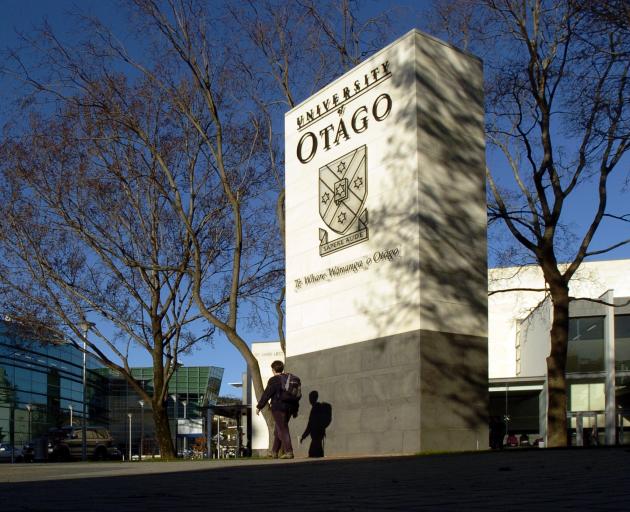
Playing the language teaching percentages
The claim that there has been a move from European languages to te reo Māori in both tertiary and secondary educational institutions (ODT 1.4.23) may well be true but the use of percentages does nothing to inform readers of the severity and justification for institutions to activate such a change — as is being done by the University of Otago against the advice of their language experts .
A 13% decline in languages (German, French, Latin) at secondary schools compared to a 42.8% increase in the uptake in te reo Māori looks impressive. Even more impressive is the decline in foreign languages at tertiary level, at 33.3%, compared to the increase of 104% in te reo Māori.
That decisions should be made on such data is rather scary.
If the starting number of students at high schools studying foreign languages is 100 then a decline of 13% would mean a drop to 87 (13-student loss), while if the student numbers studying te reo currently is 20 the 42.8% increase results in a gain of 8.5 students — say to around 28 or 29.
Is this a good reason to end teaching foreign languages in high schools? Lose 87 students for a gain of eight?
I don’t know how many students typically study foreign languages at tertiary institutions but the use of percentages is not the basis upon which to make such dramatic decisions nor the method to describe such information to the public.
Oh the Humanities
The Humanities as an area of study are well named. As a group they cover subject areas that investigate human beings, their culture, and their self-expression. In short they investigate the phenomena which makes us human. Language, culture, the arts, history and philosophy are, in the first instance, the study of us.
A people’s whole thought system is expressed in their language. It is perhaps the greatest taonga a culture possesses. We have rightly chosen to treasure te reo Māori and to promote it throughout our education system for it is at the heart of our own culture here in New Zealand. But to recognise this and then to dismiss the learning of other languages in our highest learning centre is to see the cliff and continue to drive towards it.
The French and German languages form the heart of the language system in Western Europe, a vast region of countless cultures and subcultures. The sciences owe their birth and development largely to the region as does the flower of so much of the arts and music. To cut ourselves off from this region is to ignore the engine room of Western culture from which is derived the very values upon which the democratic world is founded.
To be human is to speak. To speak is to understand. To understand is to promote the good and avoid the bad. I thought this was what universities were about.
Communist plot
In Jean Balchin's article (ODT, 30.3.23), she implies there is something unsavoury about hating communists, as if they are morally equivalent to the other types she lists alongside.
Perhaps she should read about the millions of deaths that communists around the world are responsible for. The Holodomor, the Gulags, the Great Leap Forwards, the Killing Fields and so on. There's a lot to dislike.
Reunion
Taieri Rugby Club. 140th anniversary, King’s Birthday weekend, June 2-4, 2023. To register contact Kevan Raudon (021)733-123 or visit www.taierirugby.co.nz
Consent appeal significant for water plans
Federated Farmers Southland president Bernadette Hunt is reported (ODT 4.4.23) commenting on appeals against an Environment Court decision which may "require resource consents for all farming in Southland". She is also reported to say "the bar to gain a resource consent would be extremely high" and "we have doubts about whether it’s achievable".
Appeals are by Federated Farmers, Dairy NZ and Fonterra, and separately by Environment Southland on interpretation.
The context that was not provided is the reasons for the court’s decision.
In general terms it was that almost all of Southland’s waterways are extremely degraded, by nutrients, other contaminants, and sediment. This is science and not disputed.
The primary cause is intensification of agriculture. Also indisputable.
The question that then had to be answered by the court was whether the waterways were so desperately degraded that any activity that produced those contaminants had to have a resource consent to ensure the contamination ceased.
That of course meant intensive agriculture, which caused the problem in the first place.
Activities have consequences. This degradation has been tracked for some time. It will be most interesting to see how the appeals result. The implications for other areas where there is similar degradation are obvious.
This case is a precursor to the modern approach to protecting the health of water, the Hauora, and in applying the NPS FM 2020 and te mana o te wai in all Regional Council land and water plans.
Otago’s plan is coming up very soon.
Address Letters to the Editor to: Otago Daily Times, PO Box 517, 52-56 Lower Stuart St, Dunedin. Email: editor@odt.co.nz









